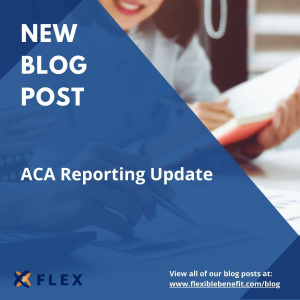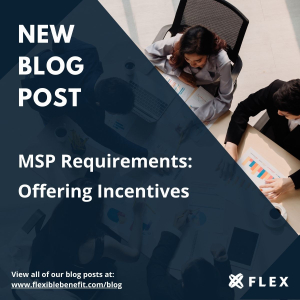ICHRA
The reporting requirements of the Affordable Care Act (ACA) are quickly approaching. Employers subject to the Employer Mandate should prepare to submit Forms 1094-C/1095-C to the Internal Revenue Service (IRS) by April 1, 2024. Employers not subject to the Employer Mandate but who offer a self-funded plan, including level funded plans and Individual Coverage Health Reimbursement Arrangements (ICHRAs) should be prepared to submit Forms 1094-B/1095-B to the IRS by this same date.
Employers often wonder if they can pay or reimburse employees for Medicare premiums if they waive coverage under the employer-sponsored group health plan. This may drive down the overall cost to the employer, and it may even be in the best interest of some Medicare-eligible participants; however, this type of action is generally prohibited under various laws.
Individual Coverage Health Reimbursement Arrangements (ICHRAs) are premium reimbursement arrangements that allow employers to reimburse employees for personal health insurance coverage they obtain on their own. Plans such as those offered on the Health Insurance Marketplace or Medicare plans are eligible for reimbursement.
Individual Coverage Health Reimbursement Arrangements (ICHRAs) first became available in 2020. ICHRAs allow employers to reimburse employees for individual health insurance coverage (or Medicare coverage) that employees obtain on their own. ICHRAs provide employers with an alternative to offering traditional group health insurance coverage to employees.
Small businesses often times find it hard to provide quality health insurance coverage to employees, especially during these unique times. Let’s face the reality! Health insurance usually comes with a high price tag, and small businesses may not be able to meet the contribution or participation requirements to provide a traditional group health plan to employees.
Premium Reimbursement Arrangements (PRAs) can generally be described as tax-free programs which are offered by employers to reimburse employees for health insurance coverage they obtain on their own. Below is a summary of the most common PRAs.
The Employer Mandate requires employers with 50 or more employees to offer “minimum essential coverage” to at least 95% of its full-time employees. Failure to do so can result in a penalty of $2,570 for each full-time with a break on the first 30 employees. Most employers assume minimum essential coverage must come in the form of a traditional group health insurance plan, but that is not the case.
Individual Coverage Health Reimbursement Arrangements (ICHRAs) can be otherwise described as premium reimbursement plans. Employers establish a plan to reimburse employees for health insurance coverage they obtain on their own; either a plan obtained in the individual health insurance market or through Medicare. Reimbursements are tax-free to employees and tax-deductible to employers.
Individual Coverage Health Reimbursement Arrangements (ICHRAs) are new premium reimbursement arrangements that allow employers to reimburse employees for personal health insurance coverage they obtain on their own. Plans such as those offered on the Health Insurance Marketplace or Medicare plans are eligible for reimbursement. An employer may optionally choose to reimburse out-of-pocket medical expenses too.
If you’re familiar with the individual health insurance market, you should be aware that the Affordable Care Act (ACA) made significant changes to the application and enrollment processes starting in 2014.










